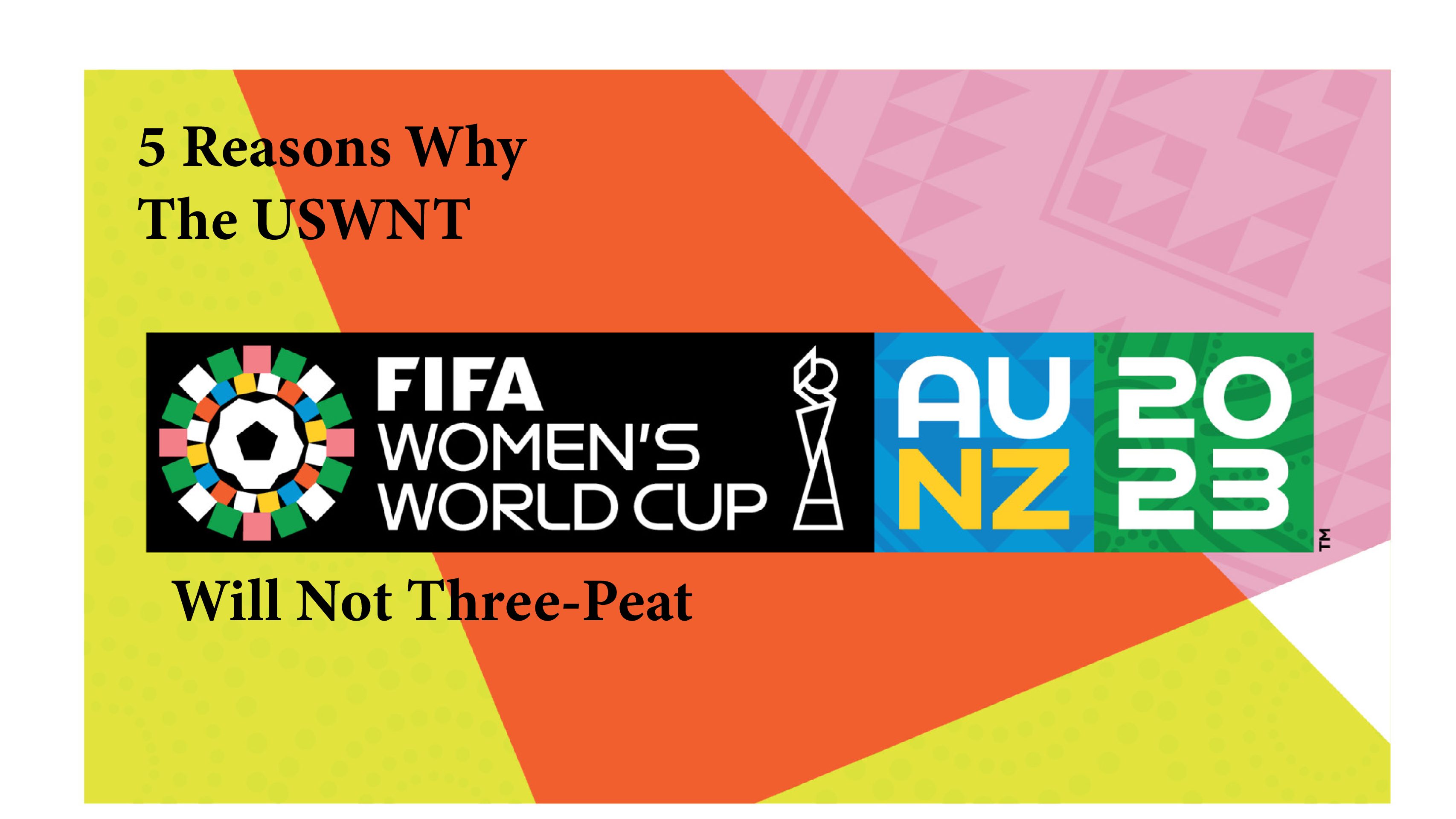The joke’s on us – how Gen-Z’s meme addiction could be our downfall
Our generation’s most toxic coping mechanism is that we can’t take anything seriously. Thick skin is a good thing, but as a generation we have skin made from literal titanium.
On one side of the spectrum Gen-Z is passionate, caring and concerned. We realize the terrible conditions that previous generations have left the world in, and we care enough to try and fix it. On the other hand, memes.
From World War III to asteroids threatening the entire planet, the internet never fails to turn every terrifying possibility into a joke. Have we no fear of death? Have we given up all hope and this is our surrender?

Getting the internet to take things seriously these days is getting more and more difficult with every L spammed into the comments (for all the boomers out there, “L” means loss). We joke about everything: heartbreak, death, depression, wars, climate change, serious political issues, equality. This marvel has just become how Gen-Z copes with a wide range of issues, including everything from a sports teams loss to a potential world crisis. It’s an unhealthy coping mechanism.
The last time I had a serious conversation about a topic with someone my age was about the federal law to ban flavored nicotine products. My social media feed usually consists of reposted links to save the rainforests or stop fires in Australia, but it always has even more memes about topics ranging from personal issues to matters that could very well lead to the end of the world.

Have we just accepted that there’s nothing we can do to save our planet? We were handed an unsaveable home, and instead of crying we laugh.
Each generation has their own strengths and weaknesses. Baby boomers are hard working but are less likely to accept change. Gen-X’ers are committed to family and work, but are less likely to spend longer on something to ensure perfection. Millennials are independent but impatient and less likely to work well with teams.
But Gen-Z’ers stand out. We are the first generation to grow up fully with the conveniences of modern technology like laptops and smartphones. We are multitaskers, we are tech-savvy, and we are natural entrepreneurs. But our greatest strengths are also our weaknesses. As a generation we are overly dependent on technology for education, communication, entertainment, and more. We watch online shows, communicate with people across the world over social media, and access current events through those mediums. Personally, I hear about more current events on Instagram than anywhere else.
For example, I first heard about the issues with Trump and Iran and the possible threat of war, dubbed #ww3 on social media platforms, from a meme on Instagram. For the two weeks all I saw on Instagram and Twitter was WWIII memes: no context to how the issue started or how it will be handled, just stupid pictures and videos making a joke of it.

Social media is so powerful and connects so many people. For example, social media allows for global natural disaster relief support, increased marketing exposure, increased teen awareness, traffic message delivery and countless other things. Instead of making it issues into memes, we could use these platform to educate people and discuss resolutions. The majority of those creating, posting and laughing at these memes will either be turning 18 before the next presidential election, or already are 18. That means that we can vote and actually make a difference.
If we put as much effort into fixing these issues as we do laughing at them, the world could probably be a better place. Gen-Z ( 2.5 billion) is substantially larger of a generation than Gen X (1.4 billion) and Gen Y (1.7 billion), and we are the most connected generation thanks to technology. Instead of allowing social media and our dependence on technology to be our downfall, we should use it to our advantage and use it to create a better future.




